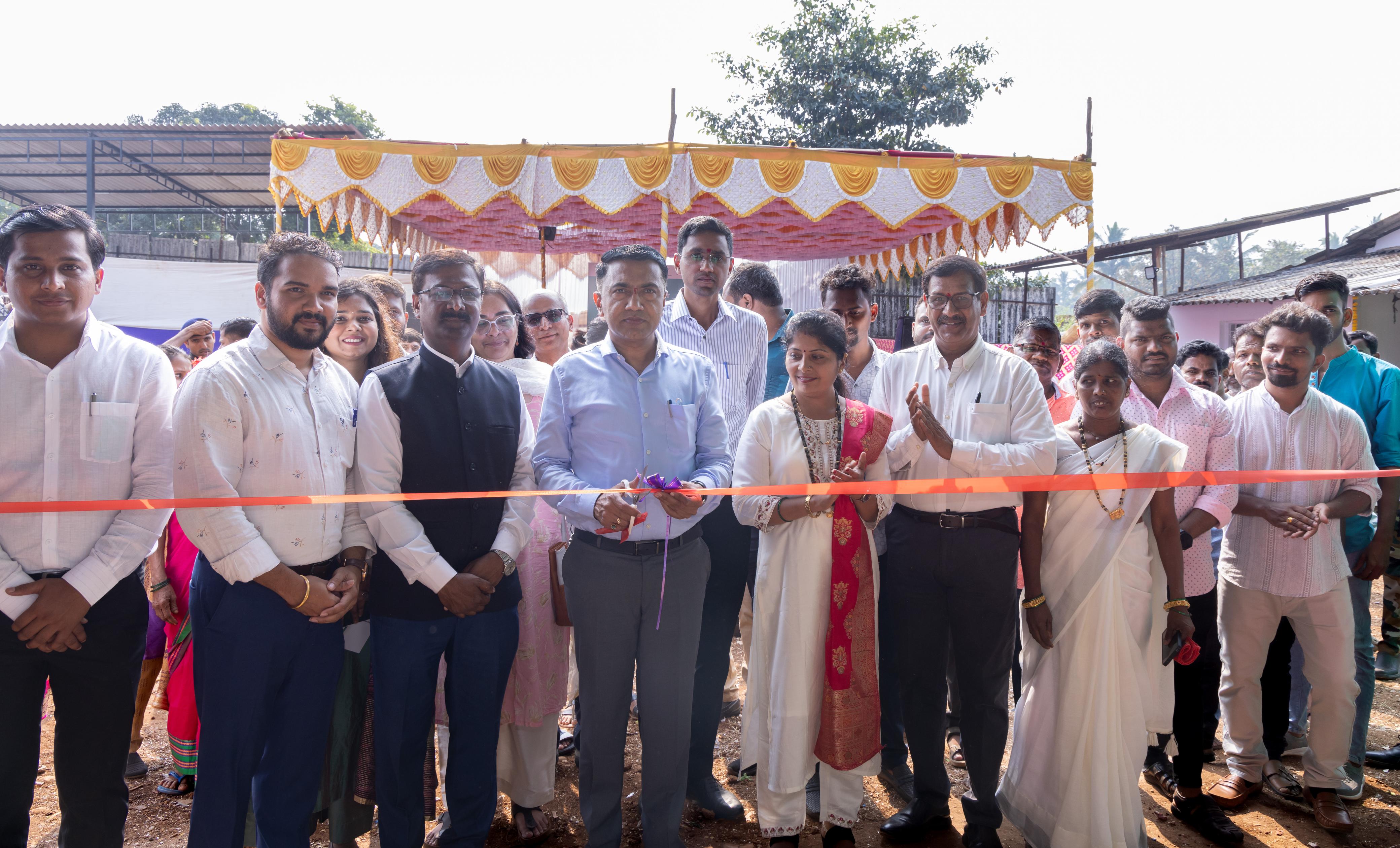Subscribe our Weekly Newsletter
Applications Invited for the Keeling Curve Prize

Organization: Global Warming Mitigation Project (GWMP)
Event Duration: 10 Nov. 2024 - 15 Jan. 2025
Apply By: 15 Jan 2025
About the Organization
Climate innovation is on the rise, but capital and workforce talent are far behind pace. We need to rapidly scale funding and resources for climate entrepreneurs to meet 2030 goals. Tackling the complexities of global warming requires a multifaceted approach across all sectors, industries, regions, and approaches. That is why GWMP mobilizes resources for a wide variety of solutions around the world.
Mission: The Global Warming Mitigation Project contributes to decarbonizing the planet by identifying innovative climate leaders and deploying resources to advance solutions.
Vision: We aspire to cultivate a livable planet by strengthening effective climate solutions.
Approach: We accelerate projects and programs that reduce, remove, and replace greenhouse gas emissions worldwide by providing the capital, talent, and visibility needed to scale.
About the Prize
The Keeling Curve is a graph that represents the concentration of carbon dioxide (CO2) in Earth's atmosphere over time, measured at the Mauna Loa Observatory in Hawaii. Initiated by scientist Charles David Keeling in 1958, this graph shows a clear, long-term upward trend in CO2 levels, illustrating the significant impact human activities have on our planet's atmosphere.
Named in honor of the groundbreaking Keeling Curve, the Keeling Curve Prize (KCP) recognizes and supports innovative climate solutions that aim to bend the Keeling Curve downward, ultimately reducing the concentration of atmospheric CO2 and other greenhouse gases. Our prize acknowledges projects and initiatives from around the globe that are making significant strides in addressing climate change, promoting sustainability, and advancing decarbonization efforts.
By celebrating these advancements, we hope to inspire continued progress in the fight against global warming and encourage the adoption of impactful climate solutions.
The Keeling Curve Prize is more than a financial award – it jumpstarts growth for countless deserving climate leaders at the pace required to achieve meaningful and lasting emissions reductions across the planet.
Applicants come from more than 109 countries worldwide and represent emerging markets, BIPOC- and women-led organizations, and some of the world’s most under-resourced, vulnerable communities. After a rigorous review process led by our diverse and talented group of experts, 10 winners are awarded $50,000 each to scale and succeed.
Prize Categories:
Carbon Sinks: Projects in this category activate and accelerate natural and/or man-made (engineered) systems for carbon capture, utilization, and sequestration (CCUS). They are developing, advancing, and/or implementing technological and nature-based strategies for capturing and/or utilizing heat-trapping gases from the air and/or oceans.
Projects that bring these strategies to the forefront of the marketplace, account for long-term sequestration viability, and provide methods for verification will be prioritized.
Energy: Projects in this category decarbonize energy, support zero-carbon energy innovations and are leading the way in the supply, distribution, access, infrastructure, or improvements of low or zero-emissions energy systems worldwide. Specifically, we are looking for projects that are focused on clean energy for equitable energy access, including innovations in smart utility-scale grids with low end-user costs, and mini-grids and off-grid solutions to reach the "last mile" customers in underserved areas worldwide. Approaches could be regional, national, or international, and should consider economic accessibility, efficacy, scalability, and strategic competitiveness with fossil fuels as main goals. Projects that improve energy access for less-developed communities in swift and stable ways (especially those vulnerable to increased coal/fossil fuel use) and can demonstrate scalability, or projects that effectively reduce the emissions of energy systems already in place are especially encouraged to apply.
Finance: Projects that apply in this category are making the economics and/or financial mechanisms work for heat-trapping gas reduction and/or reversal ventures. Tactics could include financing for lower or zero emissions businesses, creating and deploying financial mechanisms that consider ecological and human sustainability, financial empowerment for climate solution programs, divestment and investment strategies, eliminating financial barriers, carbon accounting, and policy — just to name a few. These projects are designed to counterbalance or replace financial strategies that fail to account for longer-term planetary viability in respect to global warming. These include widespread participation by marginalized communities and economic valuation of thriving ecosystems where the positive impact has been independently verified.
Social & Cultural Pathways: Projects in this category are changing the way people consider, understand, and act on humanity’s impacts affecting the livability of planet Earth. They are trying to answer the question: what does it take, socially and culturally, to develop beyond fossil fuels? As the availability of solutions expands, how do we close the gaps in human behavior and implementation? These projects are influencing consumption, awareness, communication, mobilization, activism, policy, international relations, and cultural norms. They encourage individuals, communities, businesses, and governments to make progress toward emission reductions and carbon drawdown — both now and in the future. Projects should be able to demonstrate a path to efficacy and scalability.
Transport & Mobility: Projects that apply in this category should be reimagining and reinventing all types of vehicles, fuels, and mobility options for both people and products. These projects will confront the carbon footprint of the vehicles themselves and the routes traveled. Creative solutions could include travel avoidance, innovative manufacturing, the roadways or other systems over which the vehicles operate, waste-reduction in supply chain distribution, improvements in fleet management, mass transit scheduling and efficiency, rural access to zero-emissions transportation, power sources and charging for electric vehicles, and more. We strongly encourage the application for any project that accelerates power source and modal shifts, addresses weak and wasteful transport systems, and challenges the viability of the internal combustion engine.
How to Apply
Application Cap: We have a cap of 500 applications. Our system will allow applications to be submitted until the deadline, but only the first 500 submissions that meet all the requirements will be eligible for the prize. We encourage you to submit your application as early as possible to ensure it is considered for the prize.
All applications must be submitted through our online portal by January 15, 2025, at 11:59 PM IDLW (UTC−12:00).
For more information please check the Link
Stay in the loop with the newest RFPs and Grants through NGOBOX's WhatsApp Channel. Join now by clicking here!
Latest Online Store
Latest Tenders And EOIs
Latest News
© Renalysis Consultants Pvt Ltd

.png)











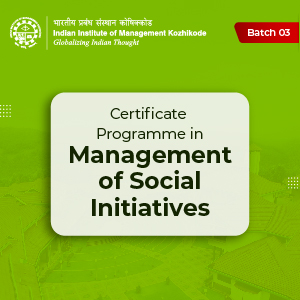
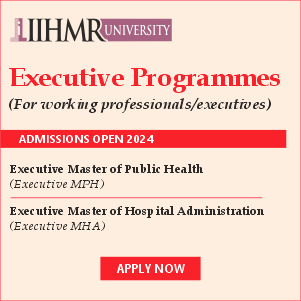
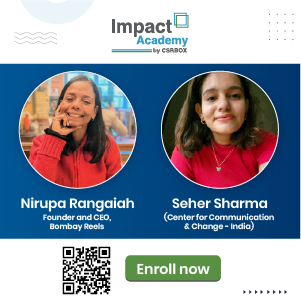








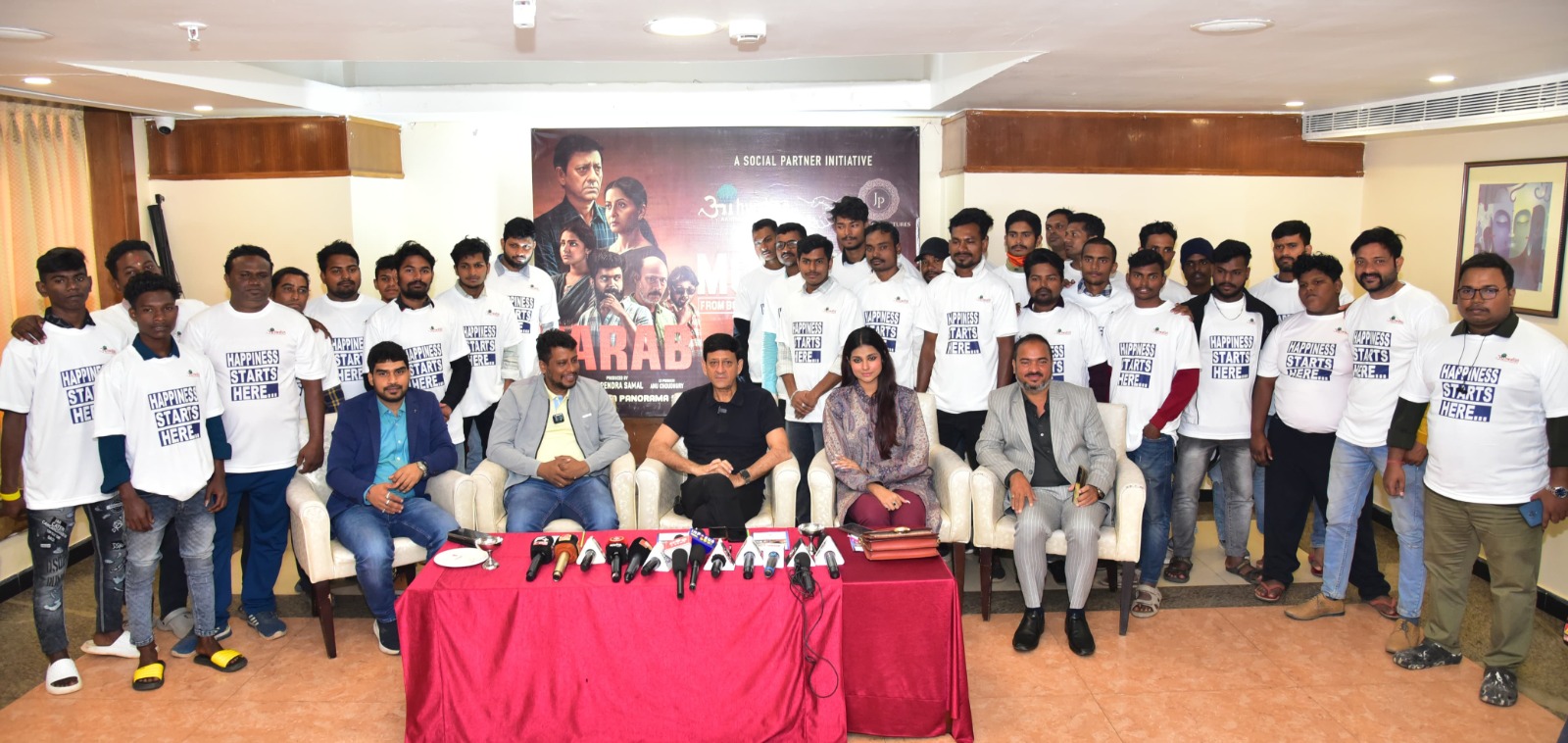
.jpg)
